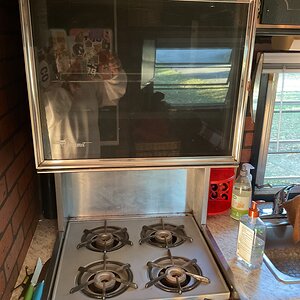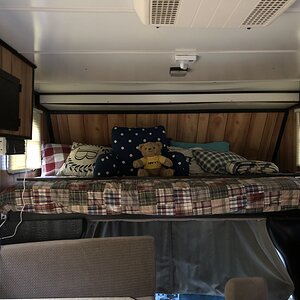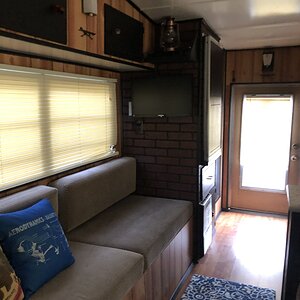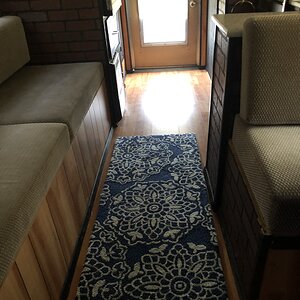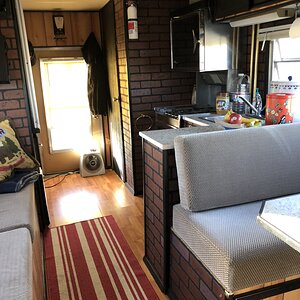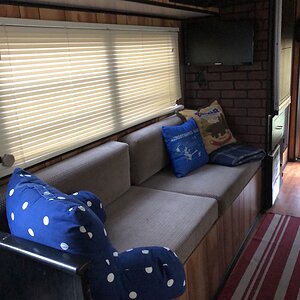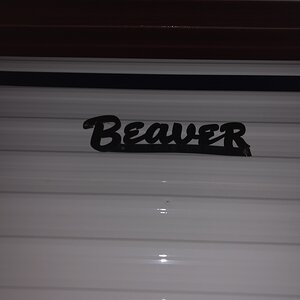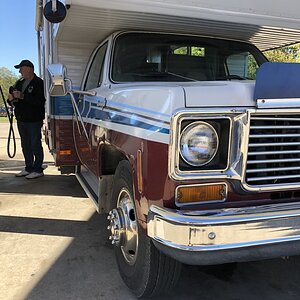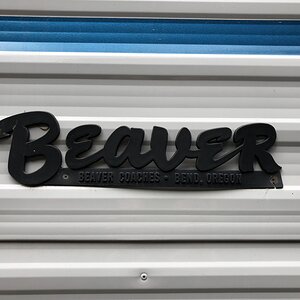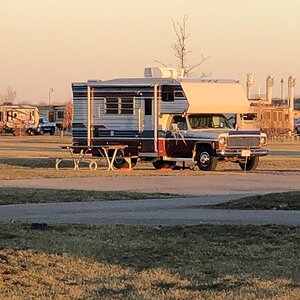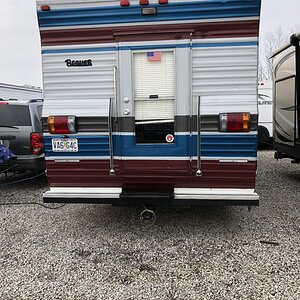MapNerd
RVF 1K Club
- Joined
- Nov 17, 2019
- Messages
- 2,298
- Location
- Prince William, VA
- RV Year
- 2020
- RV Make
- Newmar
- RV Model
- Ventana 4326
- RV Length
- 43
- TOW/TOAD
- 2020 Ford F-150
- Fulltimer
- Yes
Setting up the coach to spend the night outside if the service center and I decided that rather then burn fuel, I’d just let the heat pumps do the work of keeping everything from freezing up since we’re not staying in the coach.
odd thing though, the heat is coming out of the lower registers rather than the overhead vents. The few times I’ve used the heat pumps, the heat has always come from the overhead vents. Also, if I go outside I don’t hear my three rooftop ACs running which is where I thought the heat pumps would be.
what am I missing?
odd thing though, the heat is coming out of the lower registers rather than the overhead vents. The few times I’ve used the heat pumps, the heat has always come from the overhead vents. Also, if I go outside I don’t hear my three rooftop ACs running which is where I thought the heat pumps would be.
what am I missing?

